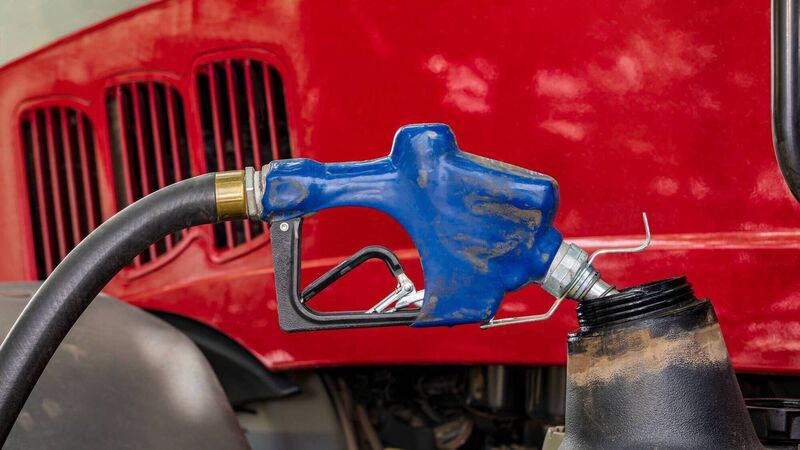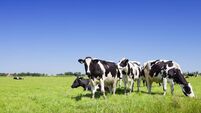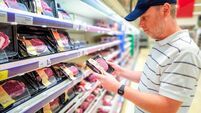Kieran Coughlan: Input costs, politics and a turning point for farming?

On the positive side, costs seem to have stabilised both on the input and output sides.
Welcome to 2024, and a Happy New Year to all followers of the column.
It’s a new year and a new start. To be honest, 2023 was a bit of a drag - the weather, the prices and the regulations conspired to undermine much of the joy that can be mined from farming.













